Success Stories
MozamSeq Case Study
Our findings highlighted the importance of investing in the creation of DNA reference libraries
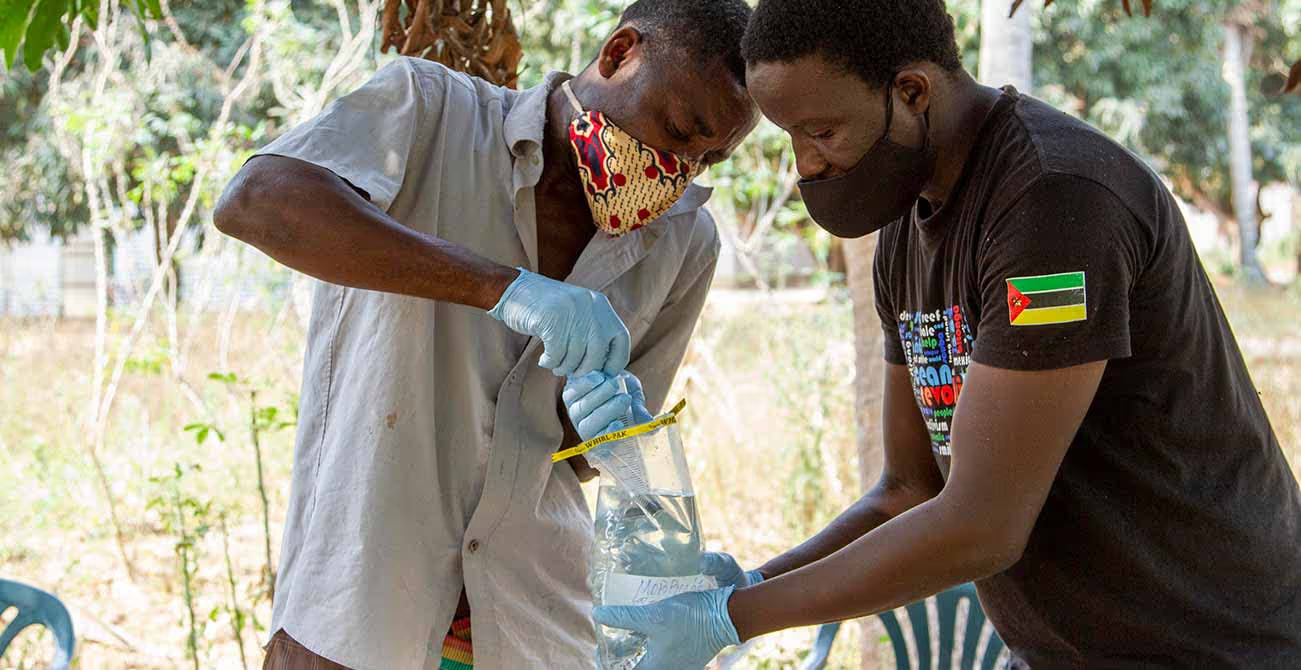
A collaboration between
Project Snapshot
Overview
- The MozamSeq project aims to facilitate the large-scale application of eDNA monitoring in Mozambique to support conservation, fisheries monitoring (for reasons including food security), and ecological impact assessment.
- During Phase 1, we validated key stakeholders’ interest in eDNA and showed that our kits can be used by local fishing communities and conservationists to collect high-quality data on marine vertebrates.
- Our findings highlighted the importance of investing in the creation of DNA reference libraries to support the accurate naming of species detected by eDNA.

No items found.
The Challenge
Phase 1 of the project was carried out between April and September 2020. The aims were to:
- Facilitate the large-scale use of eDNA-based monitoring in Mozambique to support conservation, fisheries monitoring (for reasons including food security), and ecological impact assessment.
- Determine whether citizen scientists could be easily trained to collect high-quality eDNA samples.
- Evaluate key stakeholders’ interest, as well assessing the availability of appropriate skills and facilities in-country, logistical and regulatory constraints.

No items found.
Our Role
- We formed a consortium of in-country project partners including local NGO Ocean Revolution Mozambique, the network of local communities in Inhambane Bay, international conservation organisation, the Wildlife Conservation Society (WCS), the Mozambican national fisheries research institute (IIP), and researchers at the Natural History Museum.
- In-country partners were trained to collect eDNA samples. Since we were not able to visit Mozambique due to the Covid-19 pandemic, The training was delivered via video call to the NGO partners and was then passed on to members of the local communities in Inhambane via workshops led by Ocean Revolution.
- Approximately 50 eDNA samples were collected from a variety of habitats, the majority from Inhambane bay with others from the very Southernmost point of the Mozambiquan coast and from more developed coastline in Maputo bay. Scientists from the fisheries institute collected samples in estuarine and inland freshwater habitats in the Southern part of the country.
- Samples collected from Inhambane Bay in July 2020 were stored for 3 months before shipping – the Sept set of samples from Inhamane Bay were shipped immediately. The difference in storage times between the two sets of samples allowed us to assess whether DNA had degraded during the storage period. The difference in sampling dates allowed us to assess whether fish communities had changed significantly between July and Sept.
- Samples were returned to the UK and analysed in the NatureMetrics laboratory using the fish eDNA metabarcoding pipeline.

No items found.
The Findings
- DNA quality from citizen scientists was good and the analysis was successful, detecting 303 fish species across the 41 samples.
- These included a huge variety of groups, from tropical reef fish to herrings and anchovies, mackerel, jacks, gobies, sand-eels, seahorses, flying fish, flatfish and many more.
- In addition to the fish species, humpback whale and a dolphin species were also detected in these samples.
- There was no sign of significant DNA degradation in the samples that had been stored for 3 months prior to shipping.
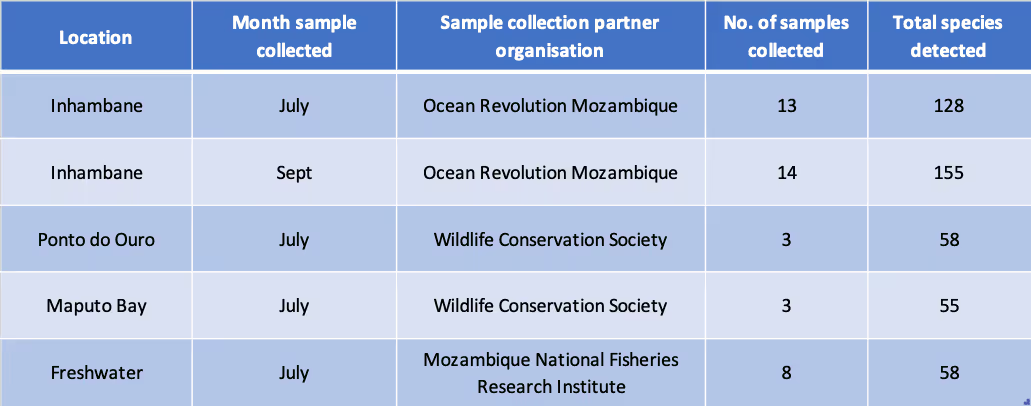

No items found.
The Impact
- Even though we were unable to visit Mozambique during Phase 1 of this project due to Covid19 restrictions, we made significant progress in laying the groundwork for the MozamSeq project.
- We developed a strong network of partners in Mozambique.
- We determined that citizen scientists could collect high quality samples and that training can easily be transmitted in different media and languages.
- We developed a new DNA barcoding kit for collecting DNA from identified specimens in order to add it to the reference library.

No items found.

More than 600 companies in 109 countries choose NatureMetrics as their Nature Intelligence Partner
Explore more success stories
No items found.


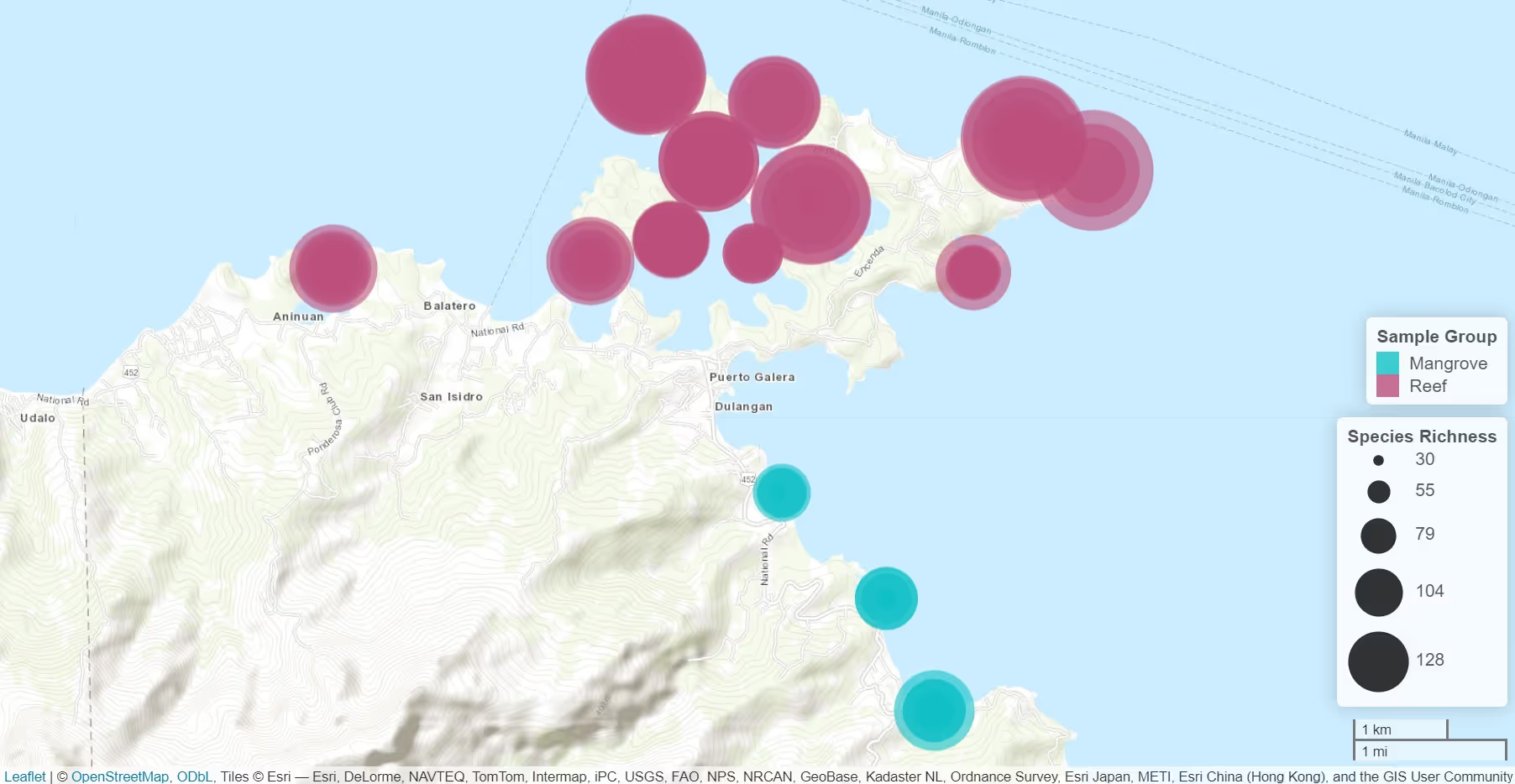
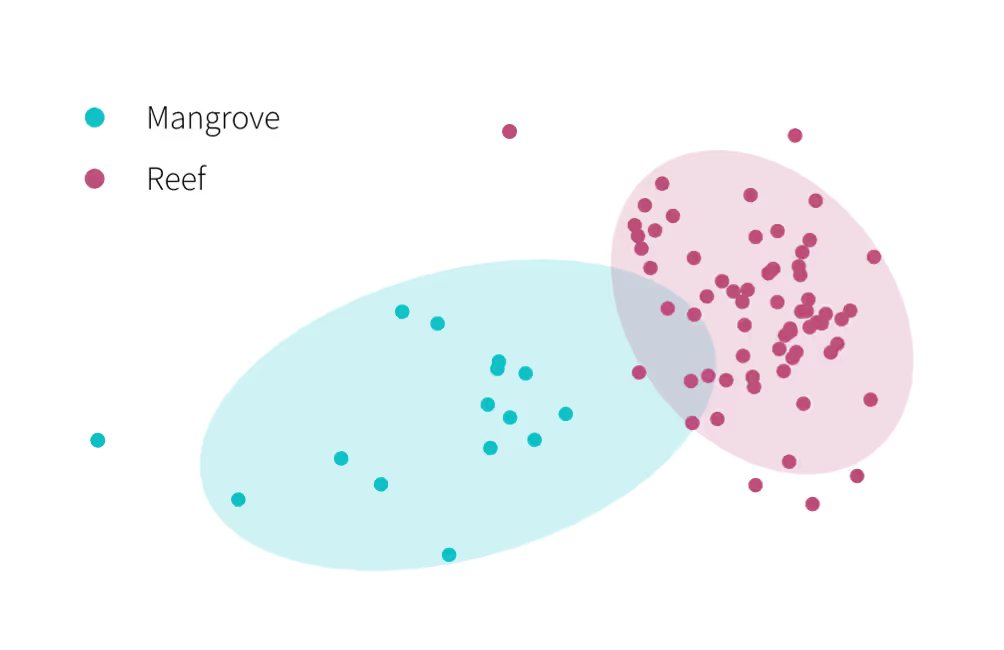
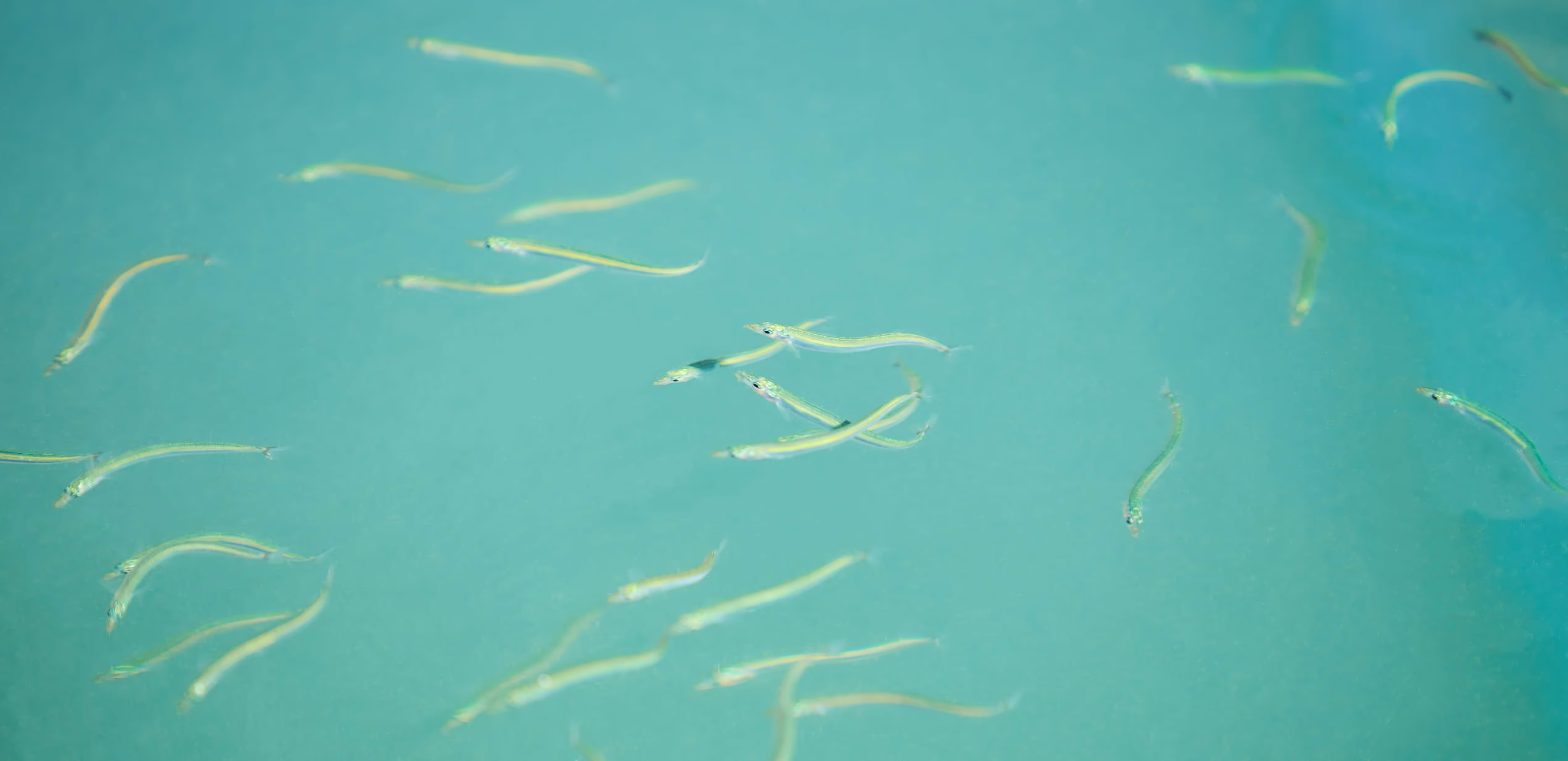
.avif)